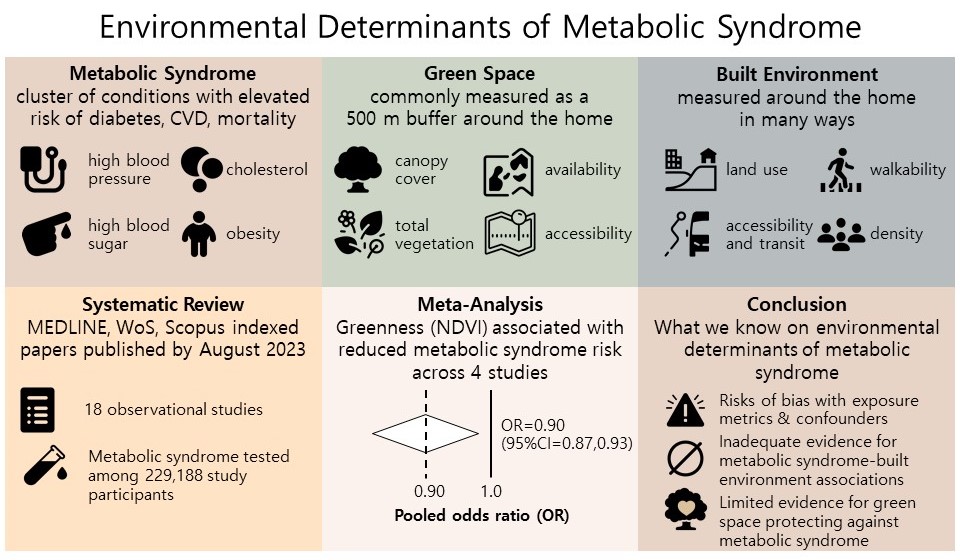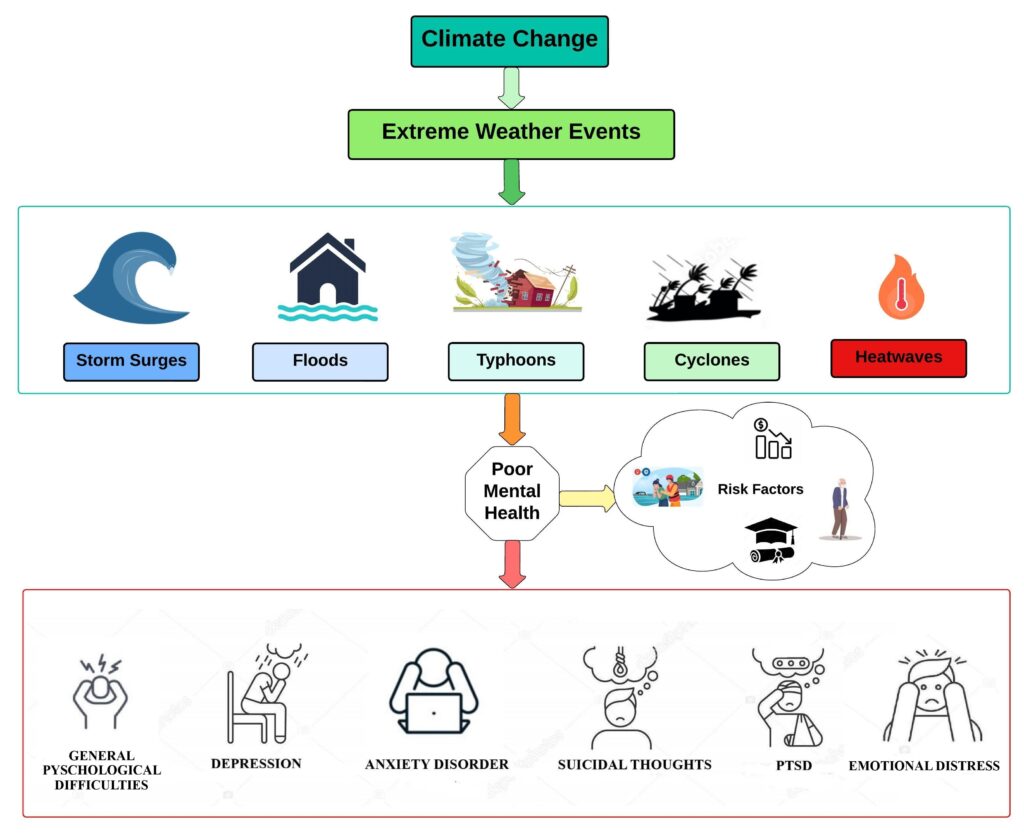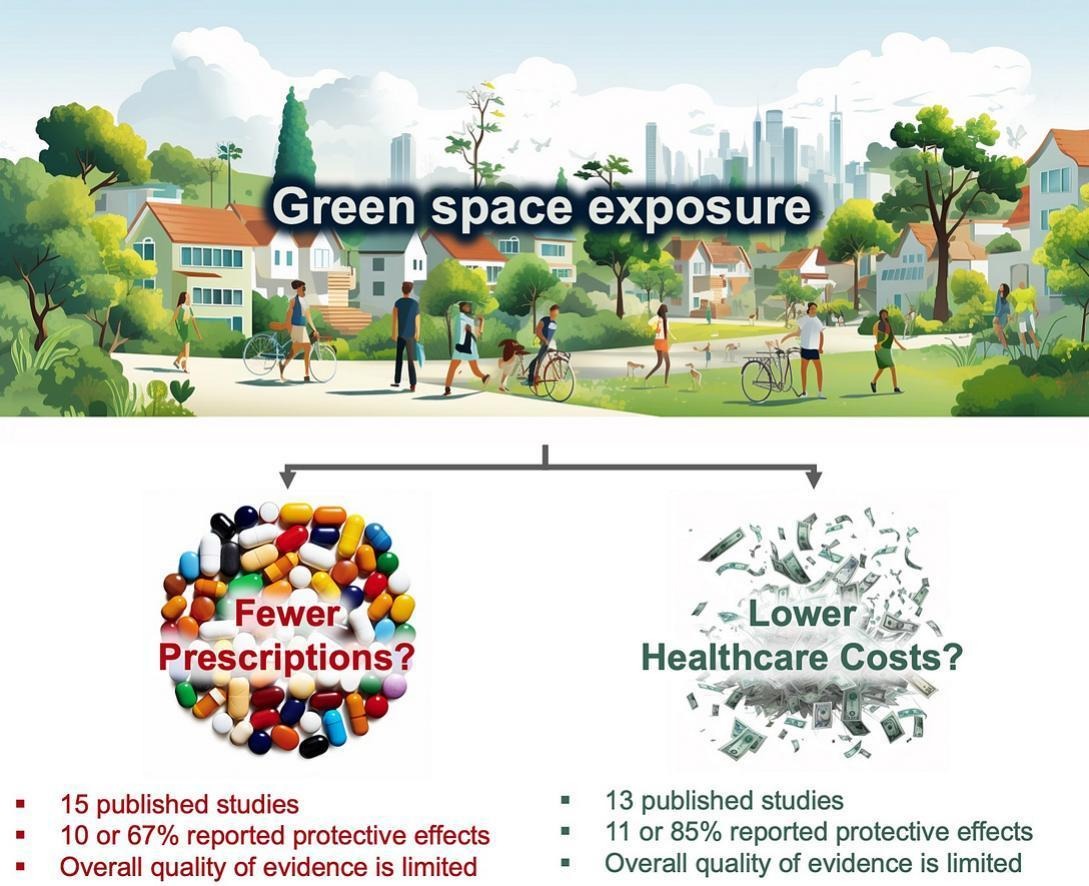Welcome to ESRI
Our Planet is at increasing risk. The Earth is facing unprecedented threats due to rapid anthropogenic pressures causing the destabilization of the function of the biosphere. As a consequence, environmental changes like rising surface temperatures, biodiversity loss, pollution, frequent natural disaster, shift in natural ecosystems, climate changes are occurring continuously and the human communities, in particular, the low-middle income countries are suffering disproportionately from these changes.
While research on these critical issues is advancing and public recognition of these issues is growing, the world is not reacting fast enough, and policies and practices are falling short of the mark, resulting in an unhealthy biosphere to thrive human future. To address these issues, the world needs an integrated, solution-oriented approach through bridging disciplines and sectors.
Environment and Sustainability Research Initiative (ESRI) is such a research initiative led by some enthusiastic graduates of Environmental Science Discipline, Khulna University, Bangladesh. With the mission to train and produce next-generation leaders in the environment, health & sustainability research field, this initiative began its journey on April 7, 2020. Our network of researchers, faculty members, and graduate students work across disciplines and conduct studies on a wide range of topics from the conservation of the environment to the impacts on human health. Our researchers and collaborators are committed to applying rigorous methods and focused on producing high-quality, policy-driven research to achieve environmental sustainability in low-middle income countries.
Recent Publications

Impact of green space and built environment on metabolic syndrome: A systematic review with meta-analysis.
Muhammad Mainuddin Patwary, Mohammad Javad Zare Sakhvidi, Sadia Ashraf, Payam Dadvand, Matthew HEM Browning, Md Ashraful Alam, Michelle L Bell, Peter James, Thomas Astell-Burt. 2024. Science of the Total Environment, Elsevier. https://www.sciencedirect.com/science/article/pii/S0048969723082657

Exposure to urban green spaces and mental health during the COVID-19 pandemic: Evidence from two low and lower-middle-income countries.
Muhammad Mainuddin Patwary, Mondira Bardhan, Hüseyin Ertan İnan, Matthew H. Browning, Asma Safia Disha, Md. Zahidul Haque, Mai Helmy, Sadia Ashraf, Angel Dzhambov, Faysal Kabir Shuvo, Md Ashraful Alam, Sharif Mutasim Billah, Md Pervez Kabir, Md. Riad Hossain, Md. Golam Azam, Md. Mijanur Rahman, Sarya Swed, Ranjit Sah, Juan J Montenegro-Idrogo, D. Katterine Bonilla-Aldana, Alfonso J. Rodriguez-Morales. 2024. Frontiers in Public Health, Frontiers. https://www.frontiersin.org/journals/publichealth/articles/10.3389/fpubh.2024.1334425/abstract?

Muhammad Mainuddin Patwary, Mondira Bardhan, Md Atiqul Haque, Syed Moniruzzaman, Johanna Gustavsson, Md Maruf Haque Khan, Jenni Koivisto, Marium Salwa, Saidur Rahman Mashreky, A.K.M. Fazlur Rahman, Anika Tasnim, Md Redwanul Islam, Md Ashraful Alam, Mahadi Hasan, Md Abdullah Yousuf Al Harun, Lars Nyberg, Md Atikul Islam. 2024. Environmental Research, Elsevier. https://www.sciencedirect.com/science/article/pii/S0048969723082657

The economics of nature’s healing touch: A systematic review and conceptual framework of green space, pharmaceutical prescriptions, and healthcare expenditure associations.
Muhammad Mainuddin Patwary, Mondira Bardhan, Matthew H. E. M. Browning, Thomas Astell-Burt, Matilda van den Bosch, Jiaying Dong, Angel M. Dzhambov, Payam Dadvand, Tracy Fasolino, Iana Markevych, Olivia McAnirlin, Mark J. Nieuwenhuijsen, Mathew P. White, and Stephen K. Van Den Eeden. 2023. Science of the Total Environment, Elsevier. https://www.sciencedirect.com/science/article/pii/S0048969723082657
